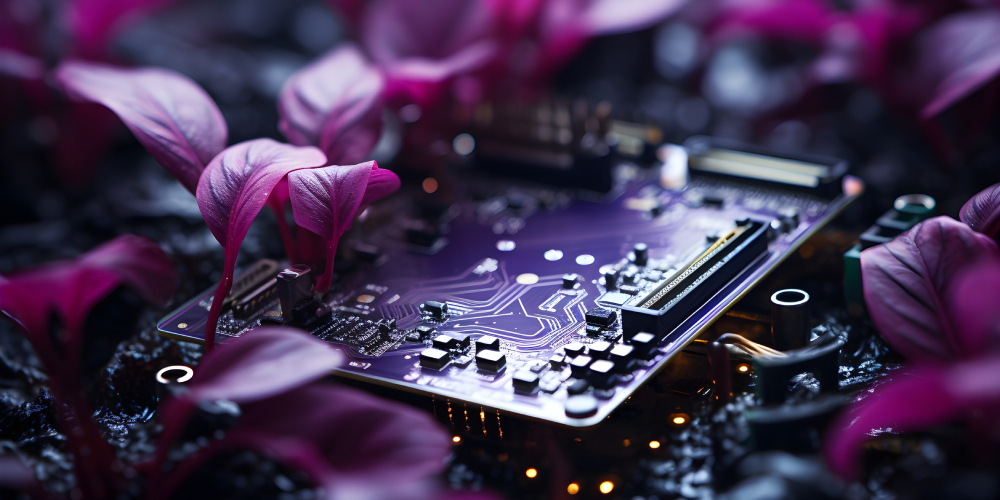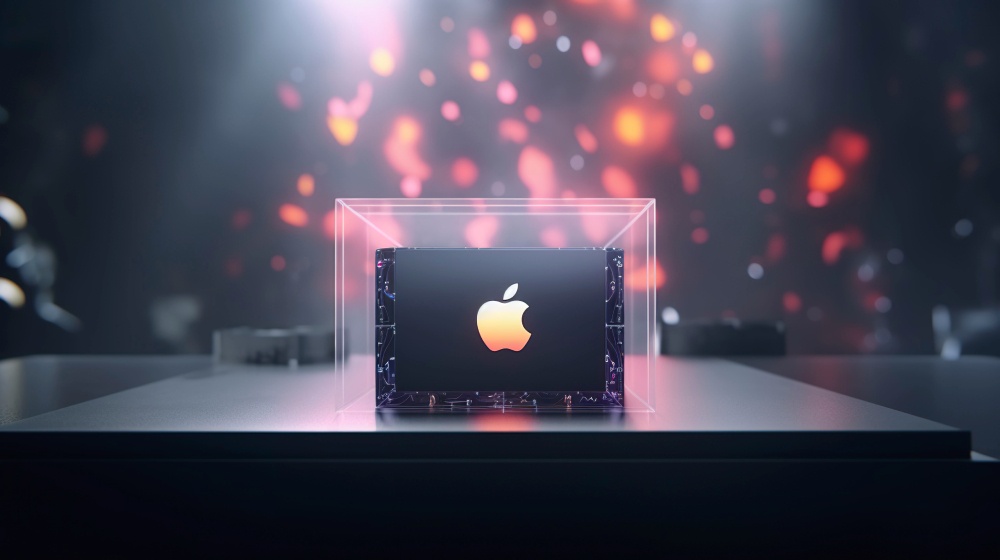How it Compares to the Competition
Apple has recently unveiled its latest M3 chip, which elevates the performance and efficiency of its devices to a new level. In this article, we’ll take a detailed look at the features of the M3 chip and compare it to the competition. We will explore how this new chip is changing technology in computers, laptops, and smartphones.
Introduction to the Apple M3 Chip
Apple has made a significant leap in processor development with the M3 chip. This chip represents the third generation of the Apple Silicon series and brings numerous improvements over its predecessors.
Technical Details of the M3 Chip
1. Architecture and Performance
The M3 chip is built on the latest 3-nanometer technology. This architecture allows for greater efficiency and more powerful calculations compared to the M2. The M3 chip offers up to 40% faster performance in compute-intensive tasks and up to 30% higher energy efficiency.
2. Graphics and AI Features
With the M3 chip, Apple has significantly improved the Graphics Processing Unit (GPU). The new 16-core GPU provides a dramatically better graphics performance, ideal for gaming and graphics editing. Additionally, the M3 chip is equipped with a new 16-core Neural Engine, which elevates Artificial Intelligence (AI) to a new level.
3. Memory and Bandwidth
The M3 chip supports up to 36 GB Unified Memory and offers an increased memory bandwidth of up to 400 GB/s. This results in a smoother multitasking experience and faster data access.
Comparison with the Competition
1. M3 vs. Intel Core i9
Compared to the Intel Core i9, the M3 chip delivers better performance with lower energy consumption. The M3 chip outperforms the Intel Core i9 in multithreaded applications by up to 20% while consuming less power.
2. M3 vs. AMD Ryzen 9
The AMD Ryzen 9 is a strong competitor, but the M3 chip offers better energy efficiency and stronger GPU performance. While the Ryzen 9 can compete in terms of processing speed, the M3 chip remains superior in energy efficiency and integrated graphics.
3. M3 vs. Qualcomm Snapdragon 8 Gen 2
The Qualcomm Snapdragon 8 Gen 2 provides strong performance for mobile devices, but the M3 chip surpasses it in processing power and graphics performance. The M3 chip, however, is specifically optimized for Mac devices, while the Snapdragon 8 Gen 2 is designed for smartphones.
Impact on Apple’s Product Lineup
1. MacBook Pro
With the new M3 chip, the MacBook Pro becomes more powerful and efficient. The processing speed of applications like Adobe Photoshop and Final Cut Pro is significantly improved, leading to smoother workflows.
2. MacBook Air
The MacBook Air gains a powerful boost with the M3 chip, along with improved battery life. The new model is not only faster but also lighter and more energy-efficient.
3. iMac
The new M3 chip also brings significant performance boosts to the iMac. The graphics performance and processing speed enhance the experience for professionals and creatives significantly.
Future Outlook and Innovations
1. Further Developments
Apple is already planning to further develop M3 technology. Rumors suggest that future chips will be even more powerful and efficient, with further improvements in Artificial Intelligence and Machine Learning.
2. Industry Impact
The M3 chip could set a new standard in processor development. The competition will likely catch up, but Apple’s technological lead may continue to secure a significant market position.
Conclusion
The Apple M3 chip signifies a major leap forward in chip technology. It brings notable advancements in performance, energy efficiency, and graphics processing. When compared to its competitors, Apple has once again proven its leadership in technology innovation. The M3 chip is poised to have lasting effects on the productivity and efficiency of Apple devices and is likely to continue influencing the tech world in the years ahead. For the latest updates and news on technology innovations, visit myupdate.news.





